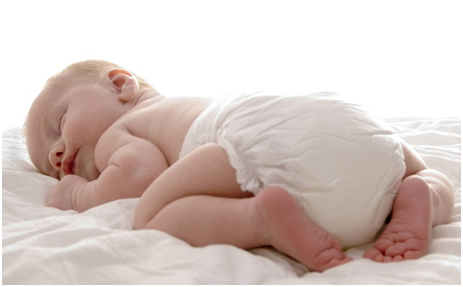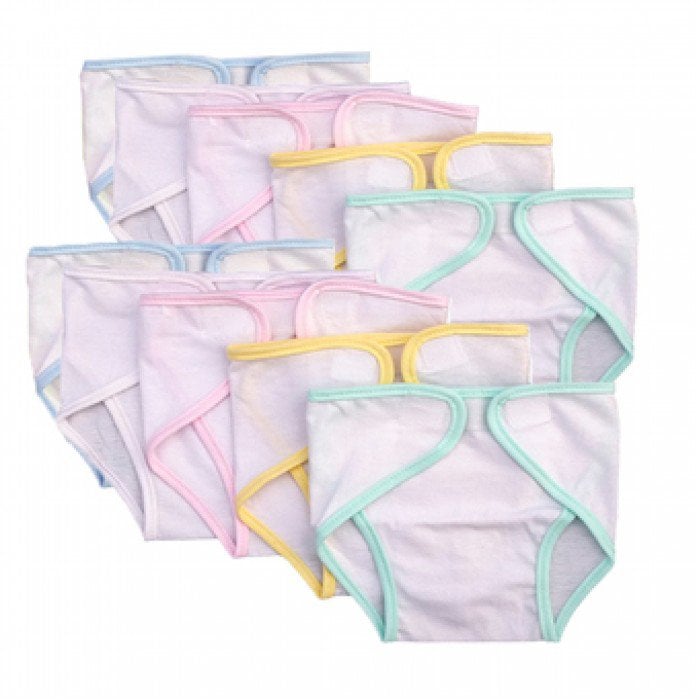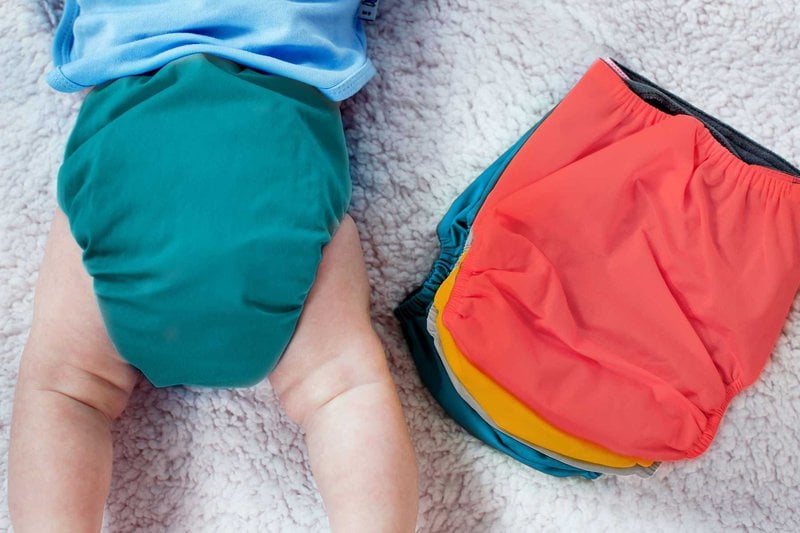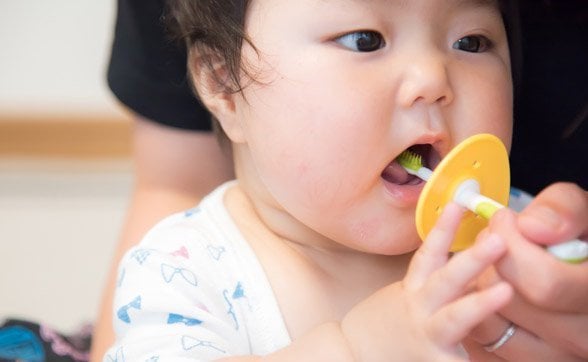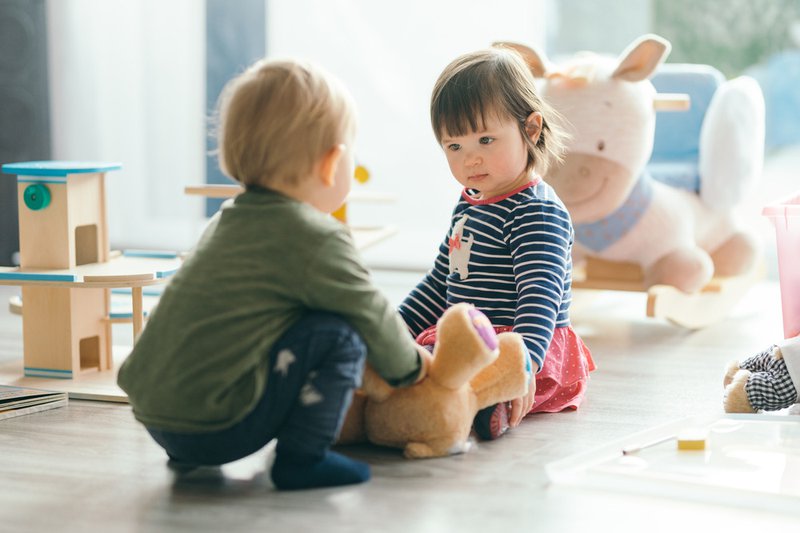Should children wear diapers all day?
This is an automatically translated article.
Should diapers be closed 24/24 for children? Using diapers continuously every day for babies is not advisable. Babies' skin is very sensitive and needs gentle care. Using baby diapers all day can cause rashes and skin irritation. Therefore, do not wear diapers for babies all day. If you have to use it often for some reason like traveling, then choose the diaper with caution. Today, many companies are producing skin-friendly diapers that are soft on the skin. Some even have air vents to keep your baby's skin dry and comfortable.
1. Should baby diapers be worn all day?
During the first few months of diapering, your baby will likely have limited activities for the first few months, which includes urinating and defecating. Children will often wet the bed and you will have to arrange everything to ensure that they are always comfortable and dry. Today, disposable diapers are the most popular option, but are they really safe for children and should diapers be closed 24/24 for children?
This is a question every mother wants to know. Diapers are considered safe for babies, even babies less than a day old. In fact, some diapers are made specifically for babies. Wearing diapers all day is not recommended. Wearing diapers 24/7, including at night increases the risk of skin irritation, rash, skin rash. The humid environment inside the diaper is a favorable condition for bacteria and fungi to grow. Many cases of wearing diapers for children all day, but poor hygiene puts children at risk of skin inflammation, repeated recurrence or unresponsiveness to treatment.
When diapering your baby, you should take some precautions to protect your baby:
Observe your baby's skin when changing diapers to check for a rash. Some children have more sensitive skin than others. Disposable diapers are more absorbent, and are best used at night, or in situations where it's not convenient to change them as often. At other times of the day, you may want to consider other options. It is important to change diapers every two to three hours. Keeping your baby's diapers on for longer than this time can increase the risk of infection or a skin rash. When the baby passes raw stool, then it is necessary to change the diaper immediately to keep it clean. Remember to bring diapers for trips or outings will make baby care easier.

Có nên đóng bỉm cho bé cả ngày hay không cha mẹ cần lưu ý quan sát khi thay bỉm cho bé
2. Compare diapers and cloth diapers
Many people prefer cloth diapers to disposable diapers. There are many reasons for this:
Cloth diapers have been used by mothers for a long time, while disposable diapers are a recent discovery. There are many types of cloth diapers available in the market today. Cloth pads can be washed and reused. Therefore, they are much more economical than disposable ones. Use more eco-friendly cloth diapers with disposable diapers. Some parents are skeptical about the chemicals used to make diapers and fear that they could cause problems. Cloth diapers must be changed regularly. This ensures that the baby is always clean, especially right after he urinates and defecates.
3. When can babies stop wearing diapers?
The transition from diapering to using the toilet is a big milestone for a child. Many people also have the opinion that diapers play a role in delaying potty training, because children already have the habit of wearing diapers. Most children will complete toilet training and be ready to stop using diapers between 18 and 30 months of age, but this is certainly not a timeline that applies to all babies. Some babies don't stop wearing diapers until they're 4 years old.
A child's developmental readiness plays an important role in determining when they can stop using diapers. Each child develops at their own pace, the age at which a child stops using diapers can actually vary quite a bit. Some studies show that potty training too early or too late in a child's life can lead to developmental delays.
Although studies show that most children are physically and mentally ready to start toilet training between 18 and 24 months of age, age is not the only factor. should be considered when deciding whether or not it is the right time to give up diapers.
To see if it's time to stop using diapers and start toilet training, look for signs that your baby is ready including:
The ability to understand and follow simple instructions from others big. Keep everything dry for at least every two hours. Shows interest in using the potty Ability to sit in a chair Knows to ask for a dirty diaper change Shows interest in wearing underwear.
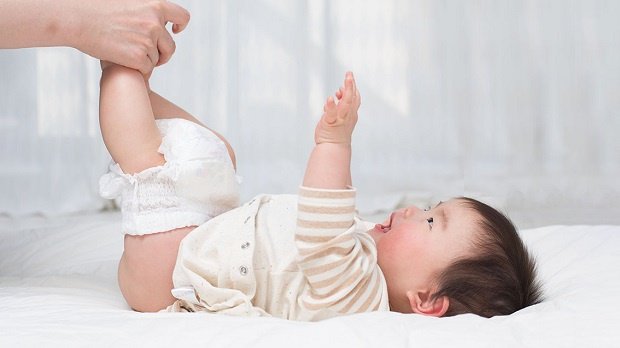
Thời điểm bé muốn bỏ bỉm thì việc có nên đóng bỉm cho bé cả ngày là không nên
Sometimes potty training failures have less to do with a child's skill or readiness and more to do with parental actions. Whether a child has access to diapers can affect how long a child actually stops using diapers and starts going to the bathroom. Regardless of age, parents continuing to have diapers around can signal to your child that you're not taking potty training seriously and that you don't really expect your child to use the potty. After a period of use, children often feel comfortable with diapers and are not used to the toilet. The problem becomes even worse if your child continues to ask for diapers. As a parent, you shouldn't give in to your child. Diapers should be stored out of sight of children. If you think your baby is really ready to go diaper-free, store them somewhere your baby can't see or reach.
Caring, protecting and nurturing children is a long process, so parents should be a companion to help children develop their physical and mental abilities well. If you notice that your child has unusual signs for his age or has difficulties in caring for and teaching him or her, you can go to Vinmec International General Hospital to get help from doctors and nurses. Psychologists.
Children of school age need to be supplemented with elemental zinc/day so that they can eat well, reach the correct height and weight and exceed the standard. Zinc plays a role in affecting most biological processes taking place in the body, especially the breakdown of nucleic acids, proteins... Organs in the body when zinc deficiency can lead to a There are a number of diseases such as neurological disorders, irritability, etc. Therefore, parents need to learn about the role of zinc and guide them to appropriate zinc supplements for their children.
In addition to zinc, parents also need to supplement their children with other important vitamins and minerals such as lysine, chromium, B vitamins,... errands.
Please regularly visit Vinmec.com website and update useful information to take care of your baby and family.
Caring, protecting and nurturing children is a long process, so parents should be a companion to help children develop their physical and mental abilities well. If you notice that your child has unusual signs for his age or has difficulties in caring for and teaching him or her, you can go to Vinmec International General Hospital to get help from doctors and nurses. Psychologists.
Children of school age need to be supplemented with elemental zinc/day so that they can eat well, reach the correct height and weight and exceed the standard. Zinc plays a role in affecting most biological processes taking place in the body, especially the breakdown of nucleic acids, proteins... Organs in the body when zinc deficiency can lead to a There are a number of diseases such as neurological disorders, irritability, etc. Therefore, parents need to learn about the role of zinc and guide them to appropriate zinc supplements for their children.
In addition to zinc, parents also need to supplement their children with other important vitamins and minerals such as lysine, chromium, B vitamins,... errands.
Please regularly visit Vinmec.com website and update useful information to take care of your baby and family.
This article is written for readers from Sài Gòn, Hà Nội, Hồ Chí Minh, Phú Quốc, Nha Trang, Hạ Long, Hải Phòng, Đà Nẵng.

